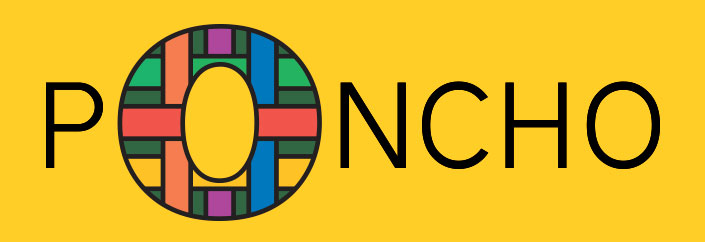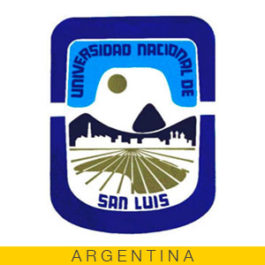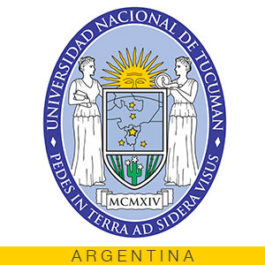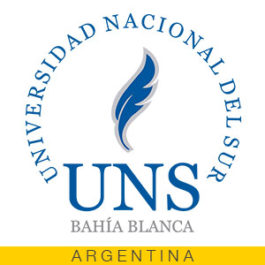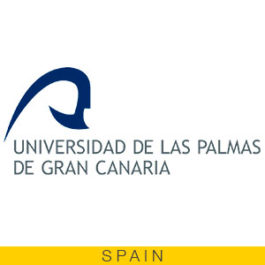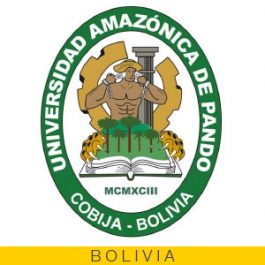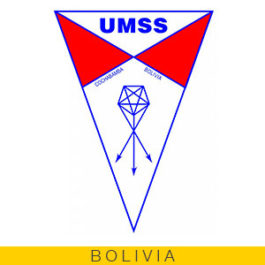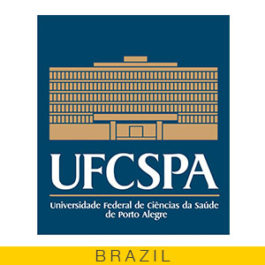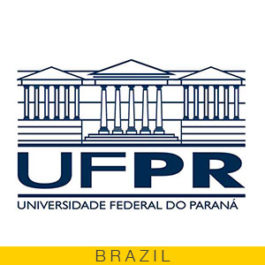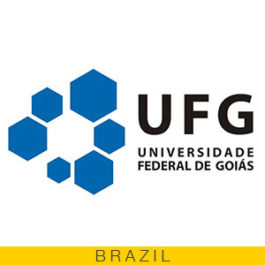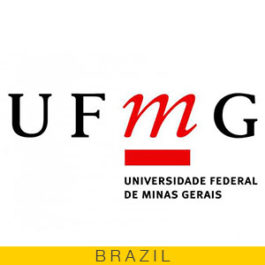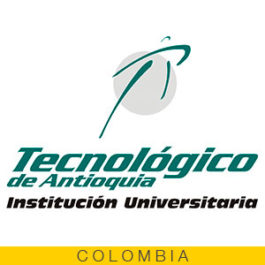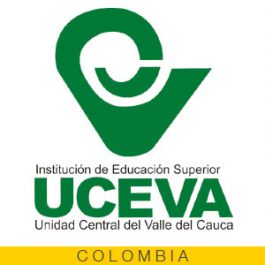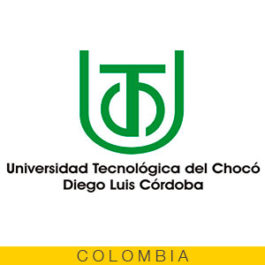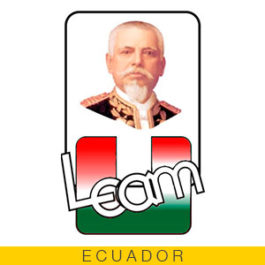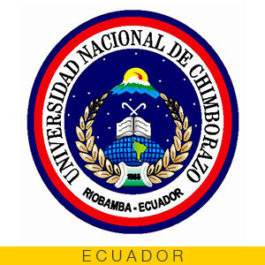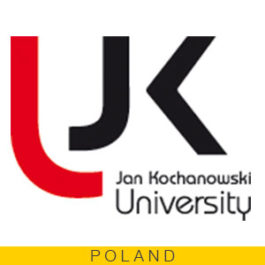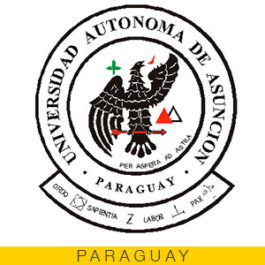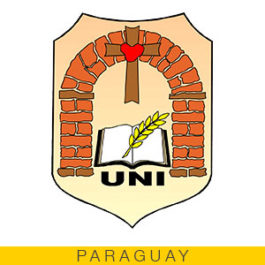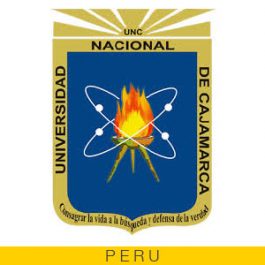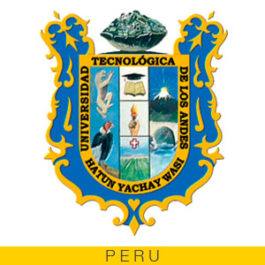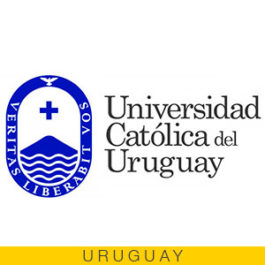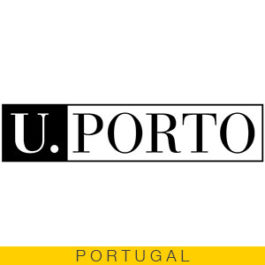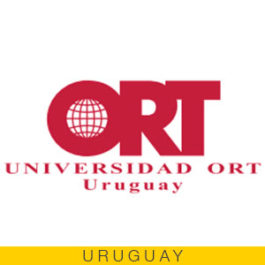About Us
Internationalization of Latin American peripheral Universities.
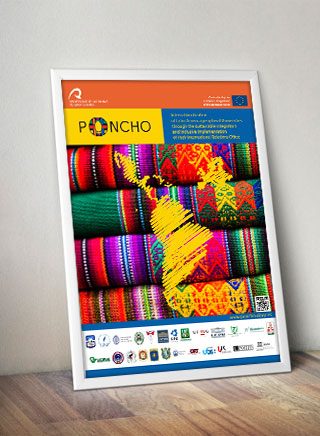
The PONCHO Consortium is composed of 4 European Union (EU) universities from 4 different EU countries (Spain, France, Portugal and Poland) and 21 universities from 8 Latin America (LA) countries (Argentina, Bolivia, Brazil, Colombia, Ecuador, Paraguay, Peru and Uruguay). The specificity and innovative aspects of the PONCHO Consortium is that it is mainly composed by small universities, geographically located in peripheral areas and with no or a few experience in EU and Capacity Building projects (Alfa projects) for the Latin American partners.
Nevertheless, in the Consortium have been included several regional institutions which have a consolidated experience in the implementation of EU Projects. The participation of these Higher Education Institutions (HEIs) in the Consortium is highly valued in order to foster the exchange of good practices from the more experienced partners to the not so experienced ones, both for a EU-LA cooperation and LA-LA cooperation approaches.
All the partners will be involved in all the activities and the coordination of each Work Package (WP) will be shared between a coordinator and a joint coordinator institution (EU+LA coordination team or LA+LA coordination team) according to partners’ expertise. At least one HEIs of each partner country will participate in the coordination or joint coordination of the project in order to empower these institutions in the execution of structural parts of international projects (preparation, situation report, quality plan, dissemination and exploitation).
More information
Coordinator: Universidad de Las Palmas de Gran Canaria
The overall management of the PONCHO project will be guaranteed and coordinated by Universidad de Las Palmas de Gran Canaria (ULPGC), from Spain. It will be in charge of all the administration and finance policies and reporting between partners and to the Executive Agency. Likewise, it will be responsible for planning, deploying the workplan, coordination of working packages, purchases and mobilities and dissemination activities.
The ULPGC is a modern institution with a long academic track record, committed to quality, efficiency and modernity. It has 21 centres, 1 ascribed centre, 42 undergraduate degrees, 18 official postgraduate programs, 5 on-line qualifications, 45 ULPGC masters and university expert programs and 3 special training programs. Research activities reflect the multidisciplinary nature of our 36 Departments: 12 in engineering and architecture, 11 in science and health sciences, 6 in social and legal sciences and 7 in art and humanities. ULPGC research includes cutting-edge Project in such wide-ranging subjects as oceanography, marine science, aquaculture, computer robotics, nutrition, oncology, ITC, renewable energies, transport economy, business organization, town plan-ning, translation and the history of the Canary Islands, among others.
Since 2012, the ULPGC is the coordinator of the Erasmus Mundus action 2 Project: CANEM (Central Asian Network for Economics and Management). In 2013, the ULPGC also began coordinating the Erasmus Mundus action 2 Projects: CANEM II as well as UNetBA (University Network for Business and Administration) Project.
Within the same year, the ULPGC became partner in the Erasmus Mundus action 2 Project: TIMUR; and IMPAKT in the following year.
In 2014, the ULPGC was awarded with the Erasmus+ KA2 Strategic Partnerships MODCLIM Project – “Strategic Partnership for the Development of Training Workshops and Modeling Clinic for Industrial Mathematics”. In 2015 within the same call Erasmus+ KA2 ULPGC was awarded other three projects: ReVET, MIND and PONCHO with South-Asia, Central Asia and Latin America respectively and in the Erasmus + KA2 Strategic Partnerships UNICAH Project- “Strategic Partnernship for the Implementation of the University International Cooperation and Human Actions Network”.
